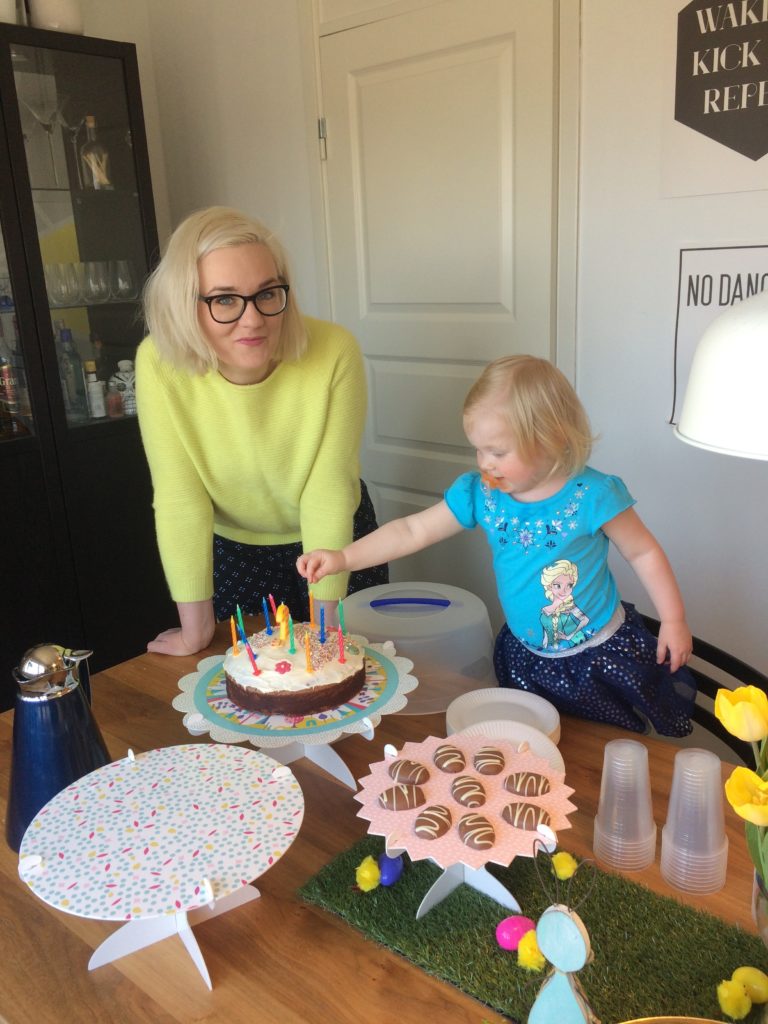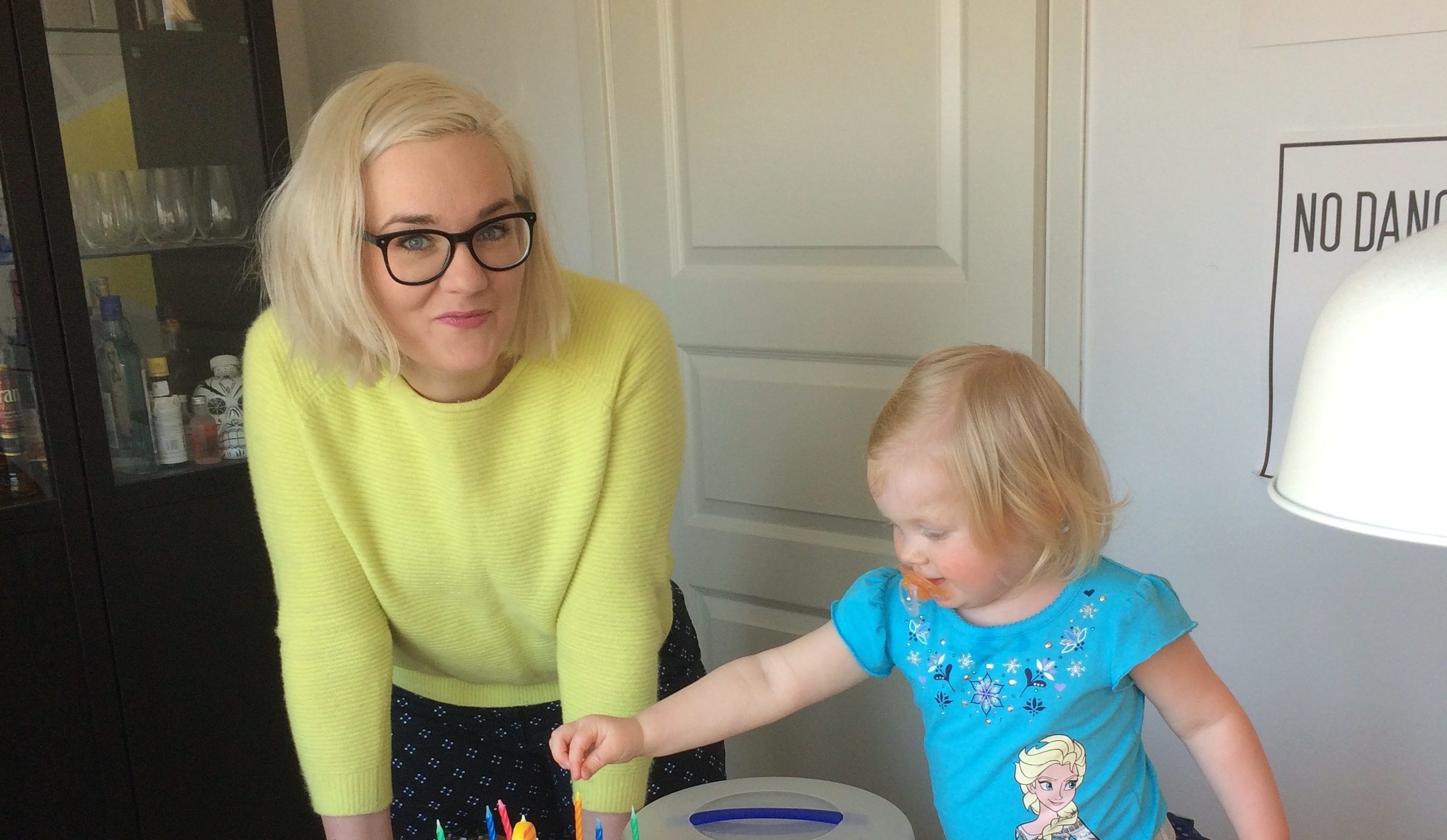
I seem to be talking a lot about chicken pox and vaccines at the moment. I guess it’s the age at which S is. It always comes up in conversation with other parents and S’s class seems to have had at least 3 bouts of chicken pox this winter. Fortunately (or, unfortunately depending on how you feel) S hasn’t come down with it. But, no matter what, there’s a tonne of it going about just now.
As a family, we’ve decided to not vaccine Stella against the chicken pox unless she gets to an age when it could become dangerous. Both M and I had chicken pox when we were very young. We weren’t vaccinated, but in the same instance it wasn’t part of the vaccination programme where we came from. But, from having spoken to loads of parents from all over the world, there are some countries where it is the norm and it’s expected.
First of all, the vaccine issue is complicated. Whilst being pro- scheduled vaccine, I also appreciate why some individuals might find some available vaccines over-kill. It’s even more complicated when you move to a different country and you’re presented with a totally different vaccine schedule from your homeland.
In Sweden there is no scheduled chicken pox. Nevertheless, you can get these done privately. Sveavaccin is the most well-known private vaccine supplier and mostly deals with vaccines for travel. It also supplys the fästing (tick) vaccine against TBE, something that is particularly important from April – October. In terms of cost, the 2 dose chicken pox vaccine is 690 sek and the TBE vaccine is 340sek per dose.
Children routinely receive check ups from the Barnavårdscentral (BVC) from birth to 6 years. It’s the BVC who administers Sweden’s immunisation programme.
In the last 3 years a new vaccine was introduced into the national programme for Rotavirus. Rotavirus is one of the leading viruses that cause vomiting and diarrhoea in young children, especially at preschool. If you would like to read more information about this, a PDF in English is available via Vårdguiden. It is easily spread and can be really awful for small kids. As with a lot of things, the national vaccine programme changes regularly.
Vaccine program for children born in 2002 or later

3 months
Combination vacine 1 – Dip, Tet, Whooping Cough and Polio, Men B. The baby will also get a vaccine against pneumococcus. Dose 1 of the Rotavirus vaccine is also given orally at this stage. The dose should be given between 6-8 weeks and no later than 12 weeks.
4 months
Dose 2 of the Rotavirus vaccine is given.
5 months
Combination vaccine 2 – Dip, Tet, Whooping Cough and Polio, Men B. The baby will also get a vaccine against pneumoccus. Dose 3 of the Rotavirus vaccine is administered.
1 year
Combination vaccine 3 – Dip, Tet, Whooping Cough and Polio, Men B. The baby will also get a vacine against pneumococcus. It is the last dose against Hib and the third and final dose of pneumococcal.
18 months
Combination vaccine – MMR (measles, mumps and rubella).

NOTE: From 5 years onwards or from school age, vaccines are administered by a school nurse.
5/6 years
Combination vaccine 4 – Dip, Tet, Whooping Cough and Polio. It is the last dose against polio.
6/8 years
Combination vaccination 2 – MMR (measles, mumps and rubella).
11-13 age girls only
HPV vaccine is administered. The vaccination is given on two occasions. Other syringe taken at least six months after the first, but the gap shall be fixed at one year.
14-16 years of age
Combination vaccine 5 – Dip, Tet, Whooping Cough. This is the final vaccine in the vaccination programme.












